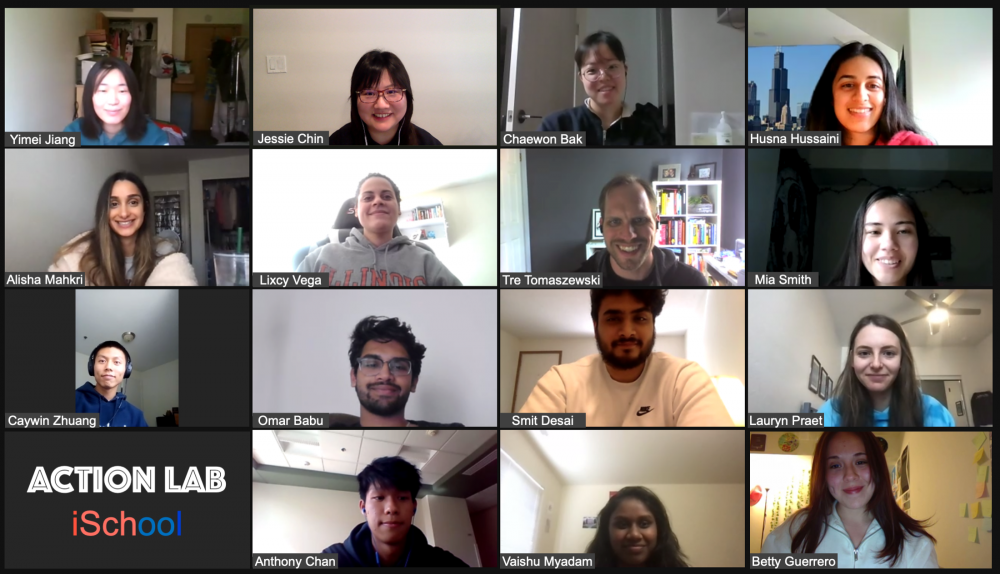There are four main research themes in the ACTION lab.
I. Adaptation to Information Proliferation
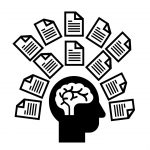 How do people across the lifespan learn new knowledge outside of the classroom? How do people across the lifespan search and assess the “evidence” needed to make complex judgments?
How do people across the lifespan learn new knowledge outside of the classroom? How do people across the lifespan search and assess the “evidence” needed to make complex judgments?
The research program aims at advancing basic knowledge in cognitive sciences about how human minds across the lifespan adapt to contemporary information environments through self-regulated processes, such as information search and uptake, for complex information goals, including decision-making and knowledge acquisition.
Current Projects
- (Individual and Collective) Foraging for learning new knowledge in the wild
- Iterative Information Search and Exchange for Small Groups
- Examine the dynamics between enrichment seeking and cognitive/socioemotional well-being among the adults in their midlife and older ages
II. Coupling Cognitive Systems
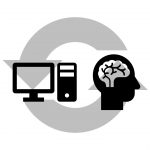 How do people + machine work together to perform complex cognitive tasks? How can we build a system to help both machine and human learn new knowledge?
How do people + machine work together to perform complex cognitive tasks? How can we build a system to help both machine and human learn new knowledge?
The research program aims at translating theories in cognitive psychology, human-computer interaction and machine learning to design information technologies that support complex cognitive processes (such as decision-making and learning) for adults across the lifespan.
Current Projects
- Designing instructional conversational agents for older adults
- AI-assisted agents in informal/self-regulated learning
- Making health decisions with AI agents
III. Reliable, Useful and Accurate Health Knowledge for All
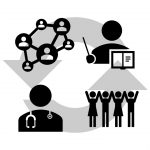
How can we identify user-generated health misinformation? How can we translate health knowledge from experts to practitioners, and to layman?
The research program aims at building socio-technical solutions to promote the dissemination of reliable, useful and accurate health information for all stakeholders, including scientific communities, practitioners and layman.
Current Projects
- Identifying False HPV-Vaccine Information and Modeling Its Impact on Risk Perceptions
- Building a generalized model of misinformation growth in social media
- Applying infodemiology on HPV vaccine related topics
- Examine the effects of profound scientific misinformation
[Learn More]
IV. Innovative and Accessible Health Care for All
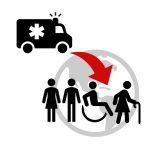
How can we use innovative technologies to help older adults to stay healthy and independent at home? How can we use innovative technologies to deliver healthcare service to people in the rural area?
The research program aims at developing innovative, accessible and scalable socio-technical solutions to deliver health care service to the population/patients with diverse backgrounds for addressing health disparities and facilitating health promotion.
Current Project
- Promoting physical activity with conversational agents for sedentary older adults
- Developing everyday Rehabilitation Assistants for patients with Spinal Cord Injury and Stroke in the rural area
- Developing a motivational-interview agent to promote COVID-19 vaccine uptake
- Exploring the design of sociotechnical solutions for the underrepresented minorities adolescents with depressive and anxiety symptoms
- Bridging digital phenotype and behavioral promotion models to address evolving needs across the cancer continuum
[Learn More]

